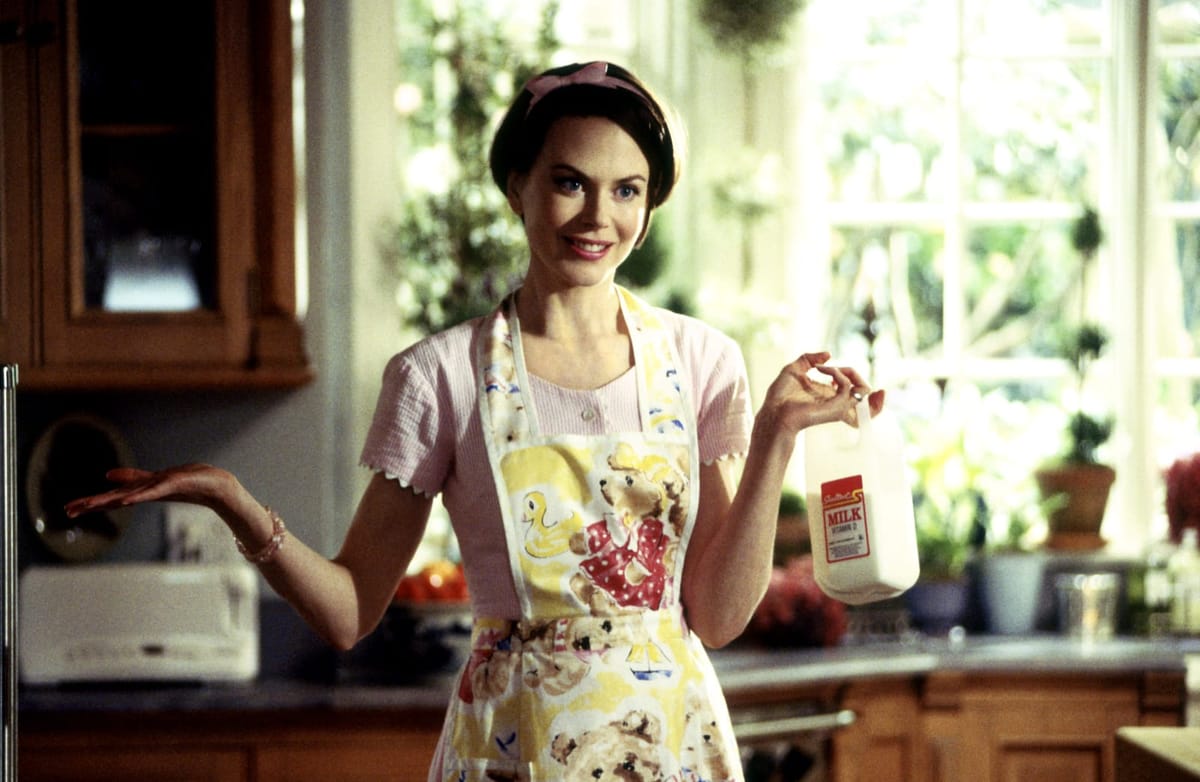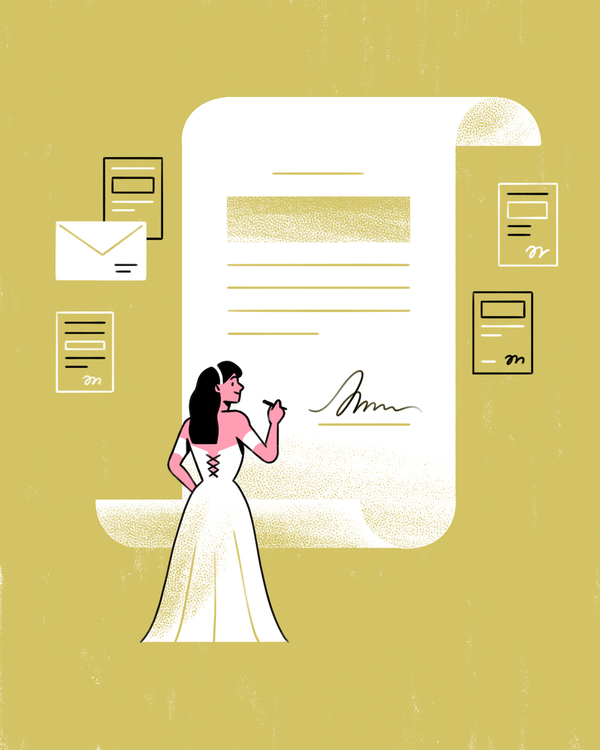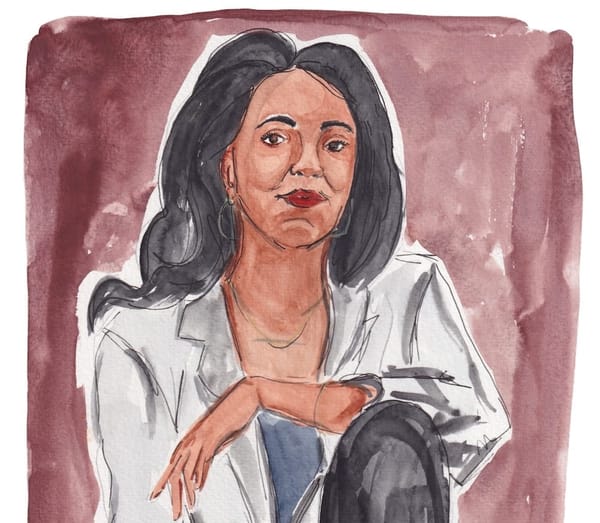Maybe Tradwives Are Simply Misunderstood
New research suggests that what draws women to the aesthetic is not submission, but simplicity.

Have we been getting tradwives all wrong? New research from the Global Institute for Women’s Leadership at King’s Business School in London suggests we might have.
The tradwife movement—which mostly entails women online celebrating homemaking, baking from scratch, and supporting their husbands—might look like a nostalgic return to the 1950s. But the researchers say it actually indicates something more sinister: a cry for help; and a sign of women’s collective exhaustion.
The academics analyzed nearly four decades of British Social Attitudes data, along with surveys of thousands of participants. They concluded that there’s no sign of a widespread return to traditional gender roles. In fact, most young women believe men should share caregiving and housework. Only about 10% of men and women agreed that “a man’s role is to earn and a woman’s is to care.”
A separate survey of 1,000 women aged 18 to 34, however, revealed that what draws them to the “tradwife” aesthetic—with its cozy homes and calm routines—isn’t submission but simplicity. For many, it represents an escape from relentless work demands, high childcare costs, and a culture that still expects employees to be “ideal workers” without family responsibilities.
“The tradwife trend isn’t nostalgia—it’s a warning sign,” said Heejung Chung, the director of the Global Institute for Women’s Leadership at King’s Business School. “It signals frustration with workplaces that still demand full devotion while domestic responsibilities remain largely unchanged.”
Constance Beaufils, a research fellow at the institute, added that while tradwife imagery may look idyllic, many women step back from work not out of choice but because of rigid schedules and limited childcare options.
And Shiyu Yuan, a research assistant at the institute, warned that forgetting the realities of women’s historical dependence risks romanticizing a past that was far from empowering. Read the full report here.





